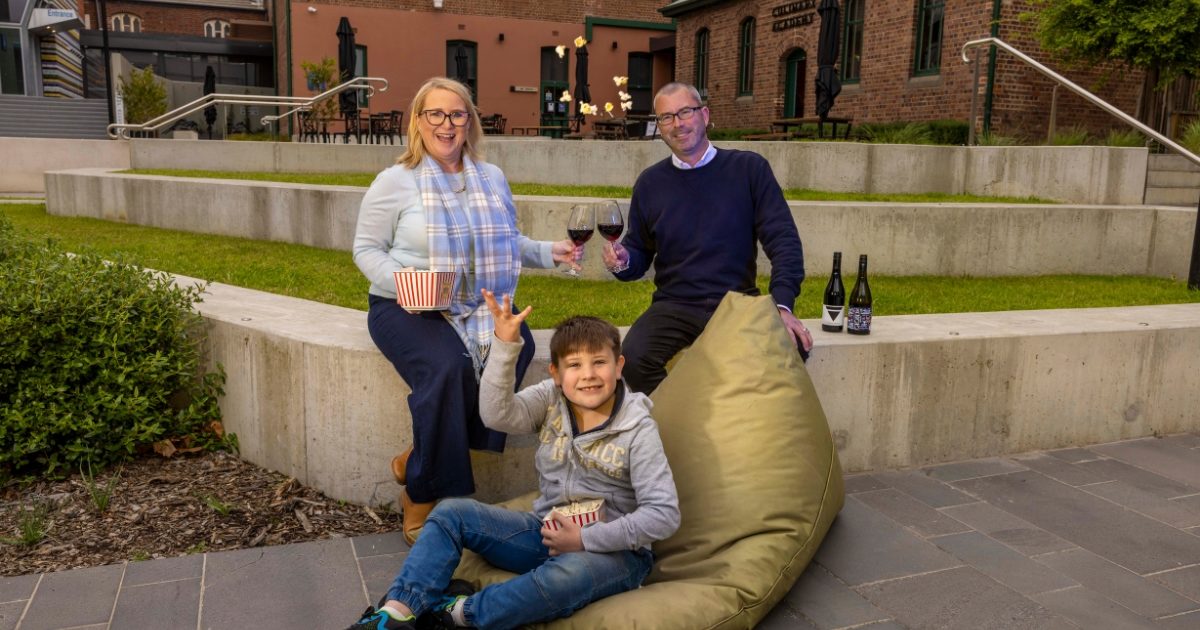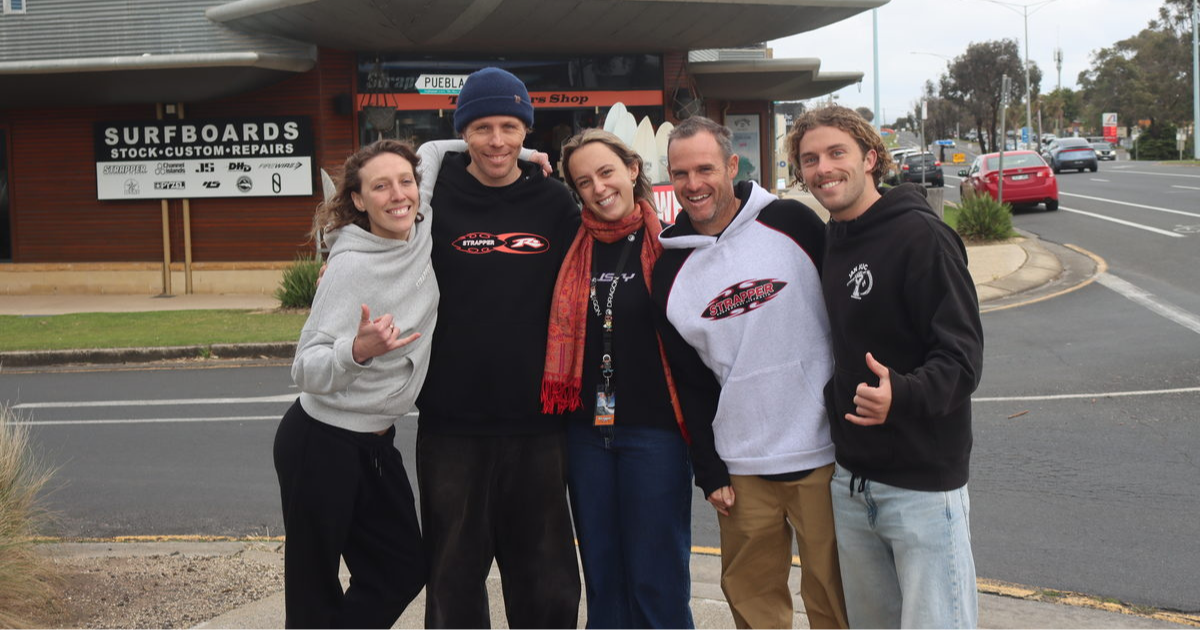Koala management resumes at Cape Otway

The koalas will be moved to part of the Great Otways National Park near Lorne. Photo: DEPARTMENT OF ENVIRONMENT, LAND, WATER AND PLANNING
WILDLIFE Officers and vets have returned to Cape Otway for the eighth time in six years as part of a long-term strategy to address koala overpopulation within local nanna gum woodland.
Manna gums are one of the most favoured koala habitats and food sources, and koalas are at such high densities within parts of the woodland that they are over-browsing the habitat.
The over-browsing is stripping nanna gums of their leaves and causing tree death in extreme cases.
Without a sufficient food source to sustain them, the health of the koala population can gradually decline, resulting in starvation and ultimately death.
On May 17, the Department of Environment, Land, Water and Planning (DELWP) started a two-week koala management program at Cape Otway, involving health checks of koalas, fertility control to curb breeding rates, and translocation of koalas to habitat in the Great Otway National Park near Lorne.
This has been identified as a suitable location for the koalas from Cape Otway due to its similar vegetation, climate and low numbers of koalas.
All captured koalas will undergo a health assessment, and any koalas deemed to be suffering from starvation or serious health issues will be humanely euthanised to prevent further suffering.
If an orphaned young koala is encountered during delivery of the program, the koala will be hand-raised by an authorised wildlife shelter until independent and then returned within its original home range
This is the eighth koala management program DELWP has delivered at Cape Otway since May 2015.
As a result of these programs, the koala density across private properties has been reduced from 13.9 per hectare in October 2015 to 2.75 koalas per hectare.
DELWP says a sustainable koala density is believed to be about one koala per hectare for mixed eucalyptus forests.
“The over-abundance of koalas at Cape Otway is a difficult long-term issue brought about by their love of Manna Gums for habitat and as a food source. The favourable climate and lack of predators in this area have also contributed to the overpopulation,” DELWP Barwon South West senior wildlife management officer Wes Burns said.
“While the overall koala and habitat health at Cape Otway has improved in recent years, further programs are needed to continue to manage the koala population.”
“Koalas eat up to a kilogram of gum leaves every day, and by reducing koala numbers in Cape Otway woodland we’re both ensuring the health of the koala population and the health of their habitat.”
DELWP thanked the local community especially landowners, businesses and the Conservation Ecology Centre, for their co-operation during the programs.

















